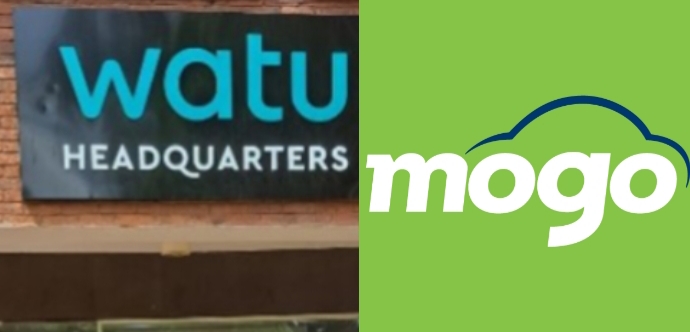
Many Kenyans depend on motorcycles to earn a living, especially in the boda boda business, but for many riders, getting a motorcycle through financing has turned into a painful experience.
A growing number of people have shared their frustrations online, exposing how companies such as Mogo and Watu Credit are making life difficult for borrowers through unfair terms and endless payments.
Riders Cry Out Over Exploitative Lenders
One rider recently wrote to blogger Cyprian Nyakundi, pleading for help against what he called exploitative lenders.He said after paying an initial deposit of Ksh 40,000 for a motorcycle, the total repayment rose to about Ksh 250,000, yet the same bike would cost only Ksh 150,000 if bought in cash.
When customers get close to finishing their payments, they often face intimidation, and when their bikes are stolen, recovery becomes impossible despite tracking devices being fitted.
The companies claim they cannot trace the stolen motorcycles, leaving riders devastated and without work.
This problem goes far beyond one case.
Unclear Loan Terms and Rising Costs
Across Kenya, many borrowers have voiced similar complaints against Mogo and Watu Credit, saying their loan terms are unclear and the interest rates are too high.Some customers accuse the companies of linking loans to the US dollar, even though the payments are made in Kenyan shillings.
When the shilling weakens, the amount owed rises sharply, forcing borrowers to pay more than what they agreed.
Others say that missing even a small payment can lead to immediate repossession, with company agents taking motorcycles from riders who depend on them for daily income.
Concerns Over Labor Practices at Watu Credit
Watu Credit has also been accused of mistreating both workers and clients.Some former employees have spoken about harsh management styles, long working hours, and poor pay.
They claim the company employs foreigners without proper work permits and that salaries have not been reviewed for years.
Customers complain about hidden interest rates under the “lipa mdogo mdogo” system, where small installments end up being extremely costly over time.
Allegations of Foul Play and Missing Motorcycles
In some cases, borrowers suspect foul play, saying that financed motorcycles get stolen just before the final payment, only for the bikes to later reappear under new ownership.
Legal Action Against Mogo
Mogo has faced legal action for similar practices. In 2024, the Competition Authority of Kenya fined the company Ksh 10.8 million for misleading borrowers and tying loans to foreign currency fluctuations.
Later, three borrowers filed a class action suit accusing Mogo of predatory lending, hidden fees, and repossession without fair notice.The case is still in court and could set an important precedent for other lenders operating in the same way.
A Bigger Problem in Kenya’s Financial System
These complaints reveal a bigger issue in Kenya’s financial system, where lenders target vulnerable groups like boda boda riders and small traders who have little bargaining power.
Many borrowers sign contracts they barely understand, thinking they are getting an opportunity, only to end up trapped in debt.
Regulators have tried to intervene, but their actions have been slow and limited.
Some leaders, including politicians and activists, have started pushing for stronger oversight, calling out these companies for exploiting struggling Kenyans.
![]()






